Ensure sustainable consumption and production patterns
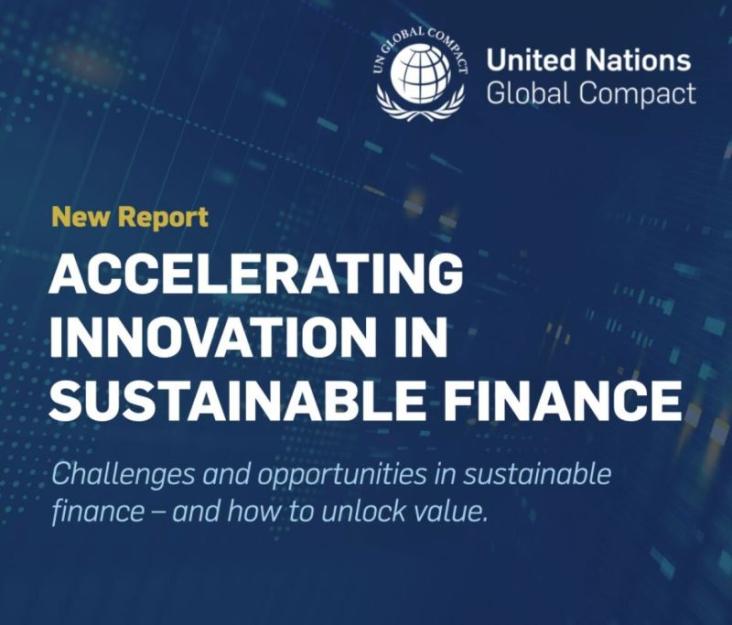
The UNGC's latest report on “Accelerating Innovation in Sustainable Finance” offers models for businesses on how to deliver financial returns and positive global impact – together.
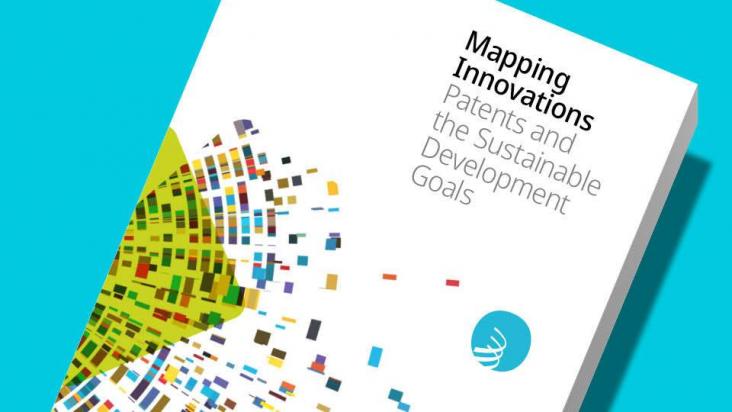
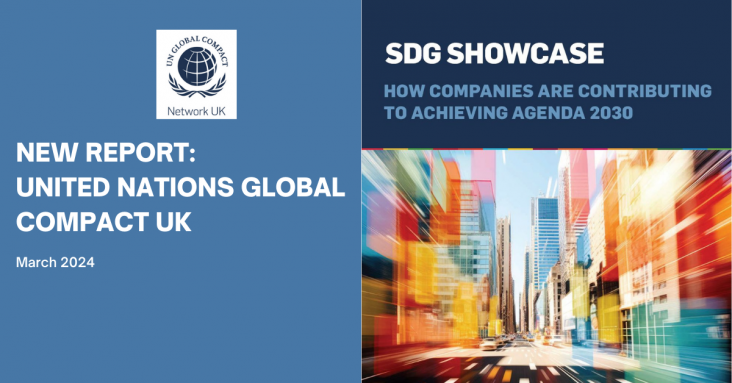
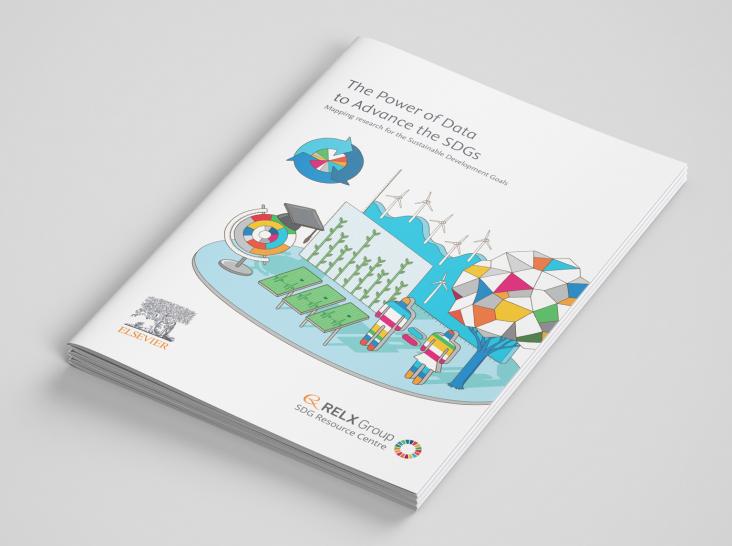
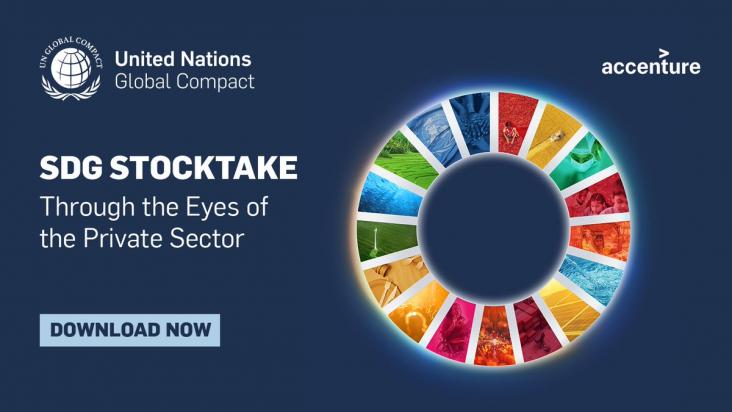
Junyu Zhang, Dafang Fu, Chris Zevenbergen, Moving Towards Water Sensitive Cities: A Planning Framework, Underlying Principles, and Technologies—Case Study Kunshan Sponge City, Encyclopedia of Inland Waters (Second Edition), Elsevier, 2022, Pages 399-416, ISBN 9780128220412
Partner content
United Nations Global CompactUnited Nations Global Compact, September 2019
